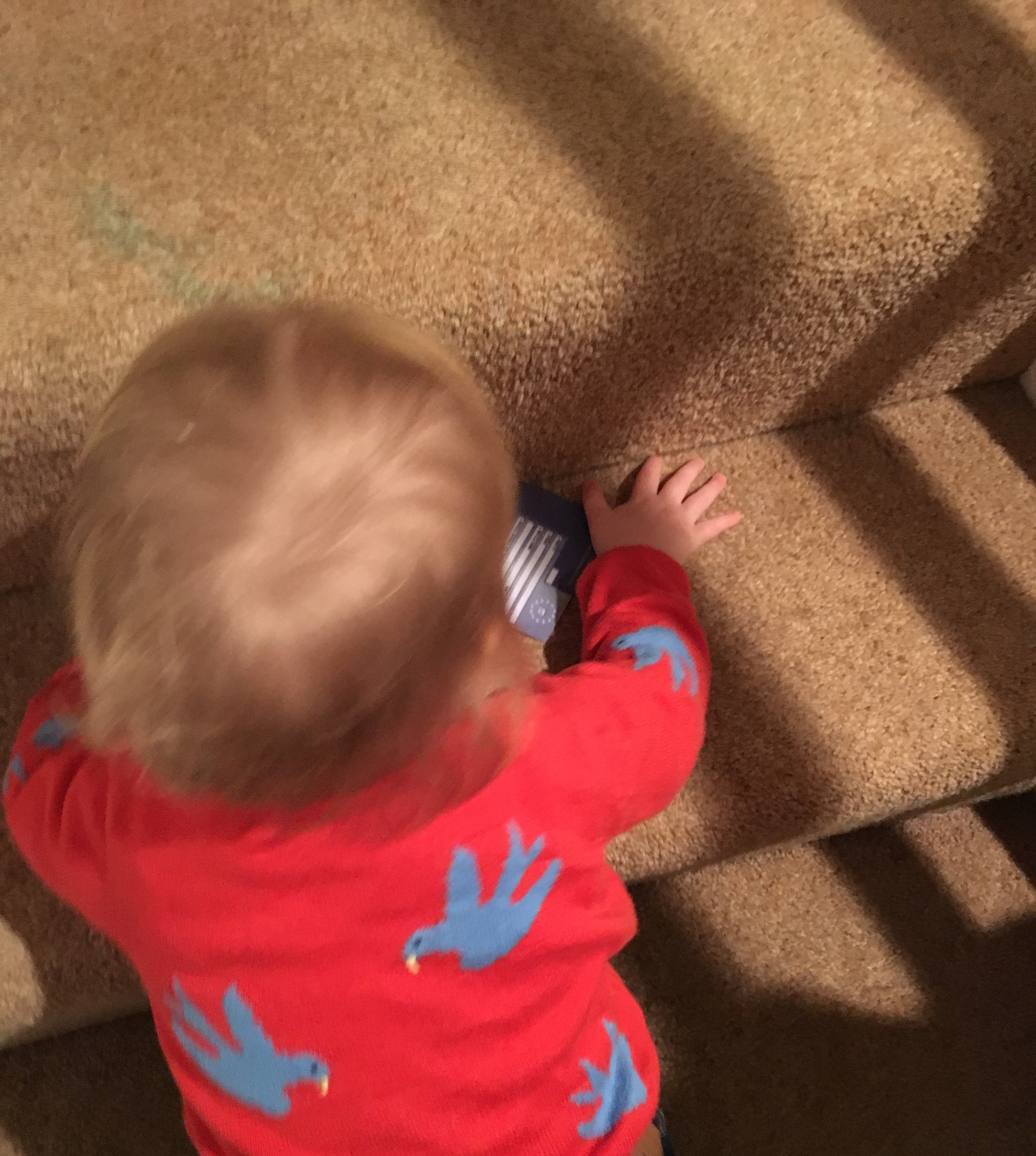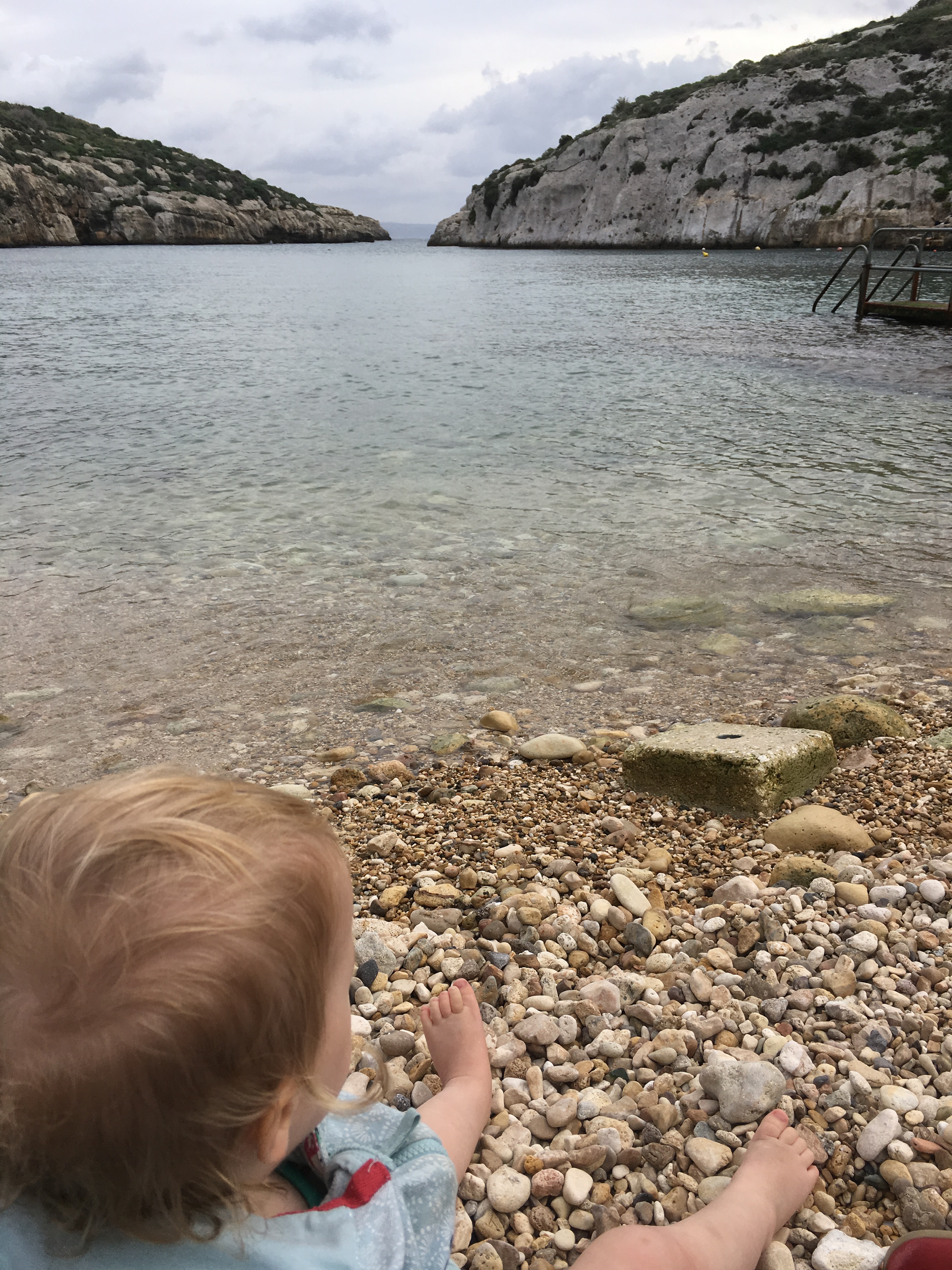For trips within Europe (at least until Brexit – who knows what will happen after that), you should also carry a European Health Insurance Card (EHIC; what used to be known as the E111) for your child. This entitles them to state-provided healthcare across the European Economic Area and Switzerland; treatment is usually free, as it is in the UK, but in some countries you might have to pay a small upfront charge (usually refundable by your travel insurer, should you wish to claim).
A EHIC is not an alternative to travel insurance – it doesn’t get you access to private healthcare, won’t get you flown back to the UK and doesn’t cover things like mountain rescue – but it’s actually a requirement of some travel insurance policies, and is very handy to have as it means you can access healthcare fast, no questions asked. For more information on buying travel insurance for your child, take a look at my recent post on the subject.
The EHIC is free, though there are plenty of dodgy websites that will charge you for one. The official government EHIC website is a bit of a pain to use – if you’re applying for your child, you register as the main applicant, and then add her details when asked if you need any additional cards (this comes so late in the application that I gave up hope several times; it’s not very intuitive, but stick with it and you’ll get there in the end). You’ll need your NHS or NI number.


